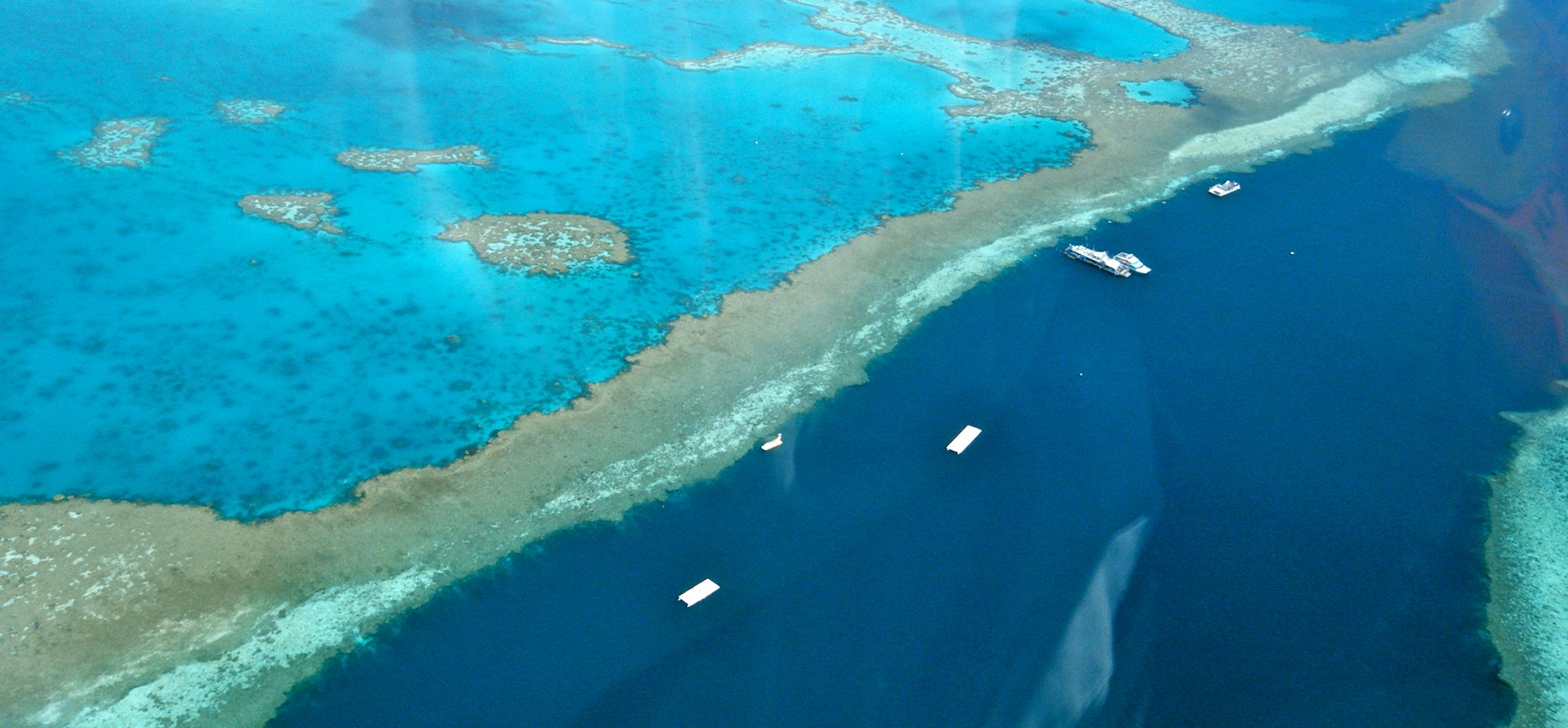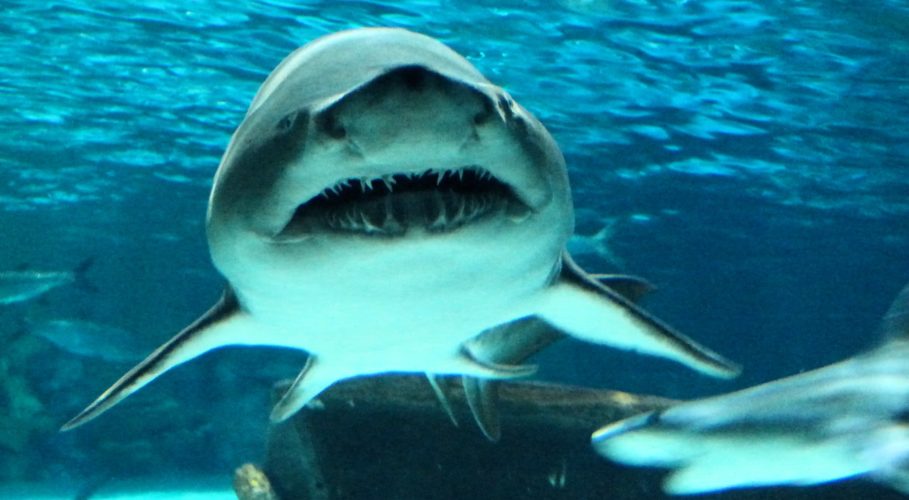Jaws is a cult classic Steven Spielberg’s movie about a man-eating great white shark attacking sea swimming vacationers. The idea of being attacked by blood thirsty apex predator in the sea is quite unnerving. The shark in its environment is fast and agile. Swimming person on the other hand, relatively slow and clunky.
How likely is a shark attack in reality? What are the shark attack statistics in Australia and Great Barrier Reef? I’ll try to dive into the data and share the results.
Fatal shark attack statistics
Australia had 537 confirmed unprovoked shark attacks in 60 years period (1958-2018) with 74 resulting fatalities (global data for this period: 2785 attacks, 439 deaths). These numbers give us 1.23 fatalities per year.
Royal Life Saving Society reported 276 drowning deaths in 2018-19, that’s 138 annual drownings in Australia. Typical factors in drowning fatalities are: alcohol, rip currents (23% of deaths), and drugs. So if you have to focus on one danger in water, watch out for rip currents.
Shark attack probability in Great Barrier Reef
Great Barrier Reef is the largest coral reef area in the world. A unique UNESCO World Heritage Site, popular snorkelling and diving destination. It features astounding biodiversity, and clear, warm waters. Part of this vast biodiversity are sharks.

Most of the tourism related activities concentrate near Cairns, where many reef boat tours depart, and Whitsundays (Whitsunday Islands off the coast of Queensland). According to Great Barrier Reef Marine Park Authority, in 2019 tourists spent 2.1 million visitor days on the reef.
Now on to shark attacks. Official data for total number of attacks in the area is hard to come by. There are reports of four shark attacks in six months of 2019 in Great Barrier Reef. Other report claims there were five attacks in 12 months, another article claims that six shark attacks happened in the past 14 months in 2019-2020. In one of the attacks one man lost his foot, and another had his leg badly injured.
Fatality numbers are easier to find. In 2014-2020 there were four deadly shark attacks in Great Barrier Reef area (Port Douglas, Kennedy Shoal, Whitsundays, North West Island). 13.5 million visitor days are on official record for this period.

By extrapolating this data, I can provide you with ballpark shark attack probability when you visit Great Barrier Reef:
You have 1 in 3,375,000 chance to be killed by a shark on a day visit to Great Barrier Reef (each day increases the chance).
You have 1 in 420,000 chance to be a victim of shark attack resulting in injuries on a day visit to Great Barrier Reef.
Traffic fatalities vs shark fatalities in Australia

I’ll give you something to compare this to. According to a few blogs, tourists renting a car in Australia typically drive 100-300 km daily. Their entire routes had 3,000-8,000 kilometers. Australia has 0.49 fatality rate per 100 million vehicle kilometres travelled. So, while driving a 200 km route in Australia, you have 1 in 1,020,408 chance to be in a fatal car accident. During your whole tour of, say, 4,000 km, your chance to be in a fatal accident rises to 1 in 51,020.
On a full day tour with Great Barrier Reef snorkeling, you have 4-5 hours of actual snorkeling time. In five hours time you can drive from Cairns to Ayr, a distance of 434 km. During this drive, your chance to join traffic death statistics is about 1 in 470,230.
Airplane crash vs shark attack death
I can have a look at aviation safety statistics as well. There are 114 deaths per 1 billion journeys, or 0.05 deaths per 1 billion kilometers flown. A visitor has to fly 20,000 km with 2 layovers on a journey from London or New York to Cairns. A return journey makes it 40,000 km and 6 flights. This gives us a chance of 1 in 1,462,000 (counted by journeys) or 1 in 500,000 (counted by kilometers flown) to die in aviation accident, flying to visit Great Barrier Reef.
To sum up: spending time on Great Barrier Reef results in seven times smaller chance to be killed by a shark, compared to becoming a traffic fatality, if you spent this time driving. Also, while flying to Australia, your chance to die is two to seven times bigger, compared to being killed by a shark on Great Barrier Reef.
My advice: if you are not afraid to drive in Australia, or to fly to Australia, you definitely needn’t worry about your chances with sharks.
Top image credit: Photo by MusikAnimal / CC-BY-SA-4.0



Permalink
Time to visit Great Barrier Reef and do some snorkeling!!!!
Permalink
Riptides and drowning scares me more than sharks or sea monsters.